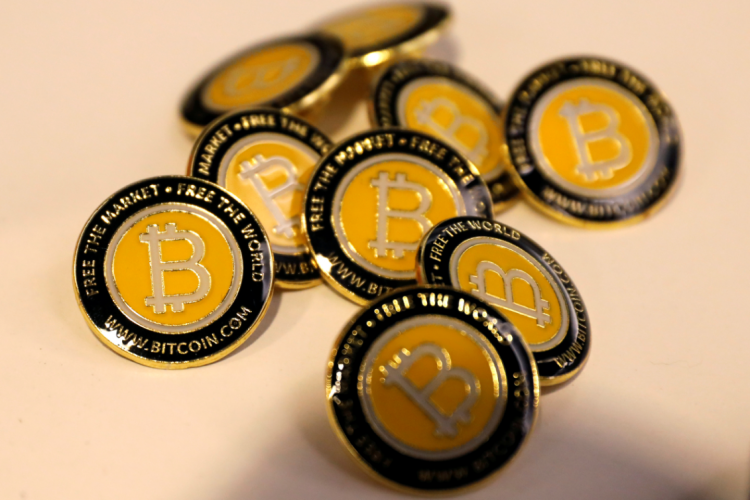Real estate used to be a traditional asset without any use as an asset, but those days are about to change. With the advent of technologies such as blockchain, real estate has a chance at becoming liquid assets that can be sold through percentages, not as an entire property.
Medium reported that blockchain opened up the world for real estate. The technology allows for various things like speeding up transactions, making them more transparent and efficient, and also creating a way to sell or rent out real estate piecemeal.
This is made possible through tokenization, one of the technologies which blockchain has recently made possible.
Real estate can now become pieces of property-not a whole asset-through tokenization on platforms that use bitcoin or Ethereum. In blockchain-based platforms, these buildings can be converted into shares or tokens which can then be sold to interested buyers.
Before, a single investor needs to win over the others to invest in real estate. Blockchain has opened up real estate investment even to those which traditionally didn't have the means to invest in an entire structure as an asset.
Property Investor Today reported a thorough investigation into the tokenization of properties through Smartlands, UK's first regulated, blockchain-based crowdfunding company. It was also the first to tokenize property in Britain, showing the usability of blockchain-based tokenization of property, allowing for more shares to come in.
Blockchain has been viewed as an "equalizer" of sorts because of how properties can be tokenized and divided into shares. It is different from an IPO because it is much more affordable to invest in, it's much faster to transact shares through blockchain, and there is an inherent security feature blockchain uses to keep assets away from those not involved in the transaction.
Asset owners are also introduced to "everyday people" which can invest in their properties without having to cash out a lot of money. The advantage is that the more people that invest in their property, the more money they can receive.
No matter how small, a series of small investments can quickly snowball to become an investment larger than if the property was introduced as a single asset.
The framework for the process is now complete, even if there are still questions about the viability of tokenized real estate. Real estate is quickly evolving, and blockchain is becoming more real than at any other point in time.





